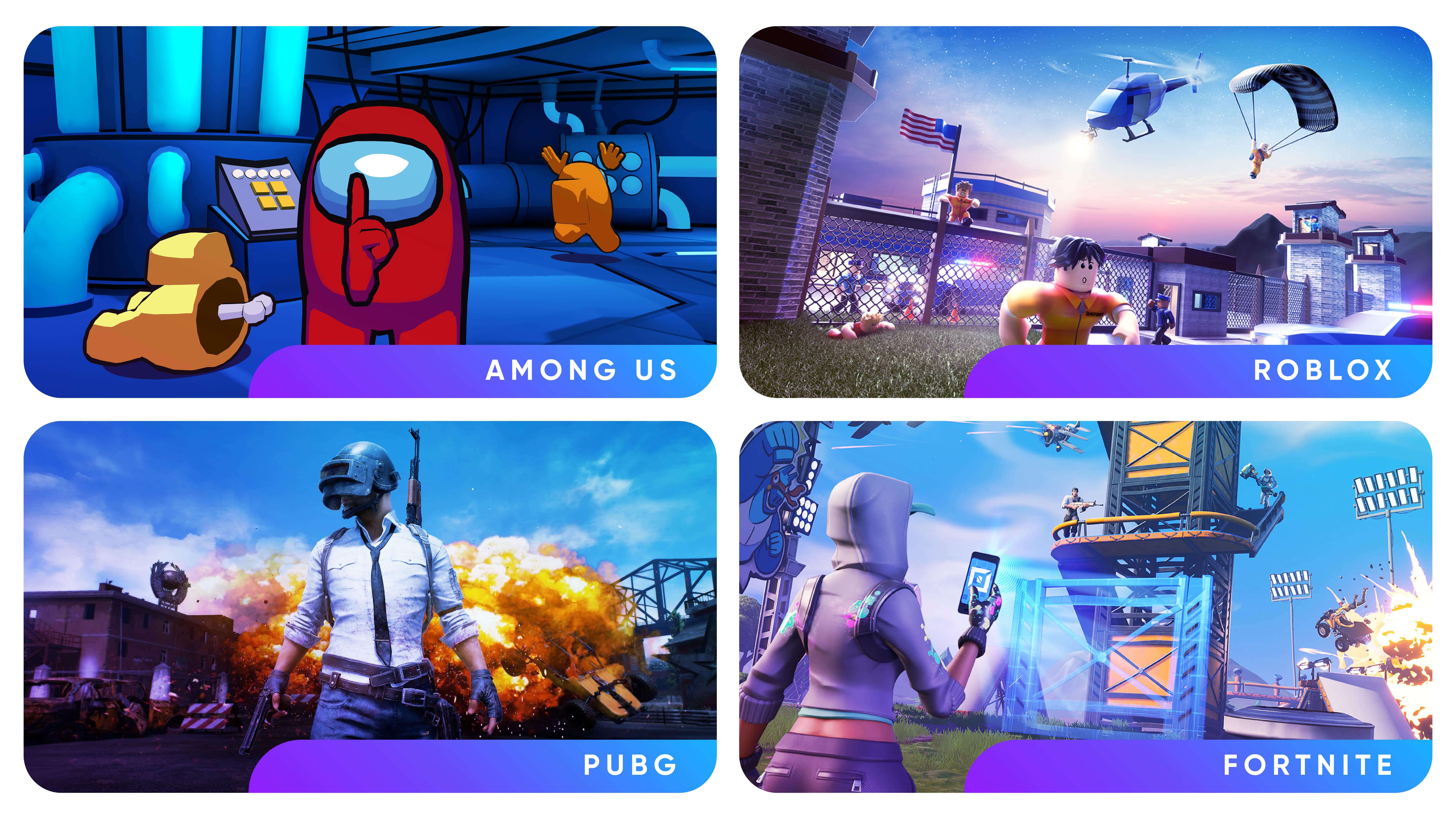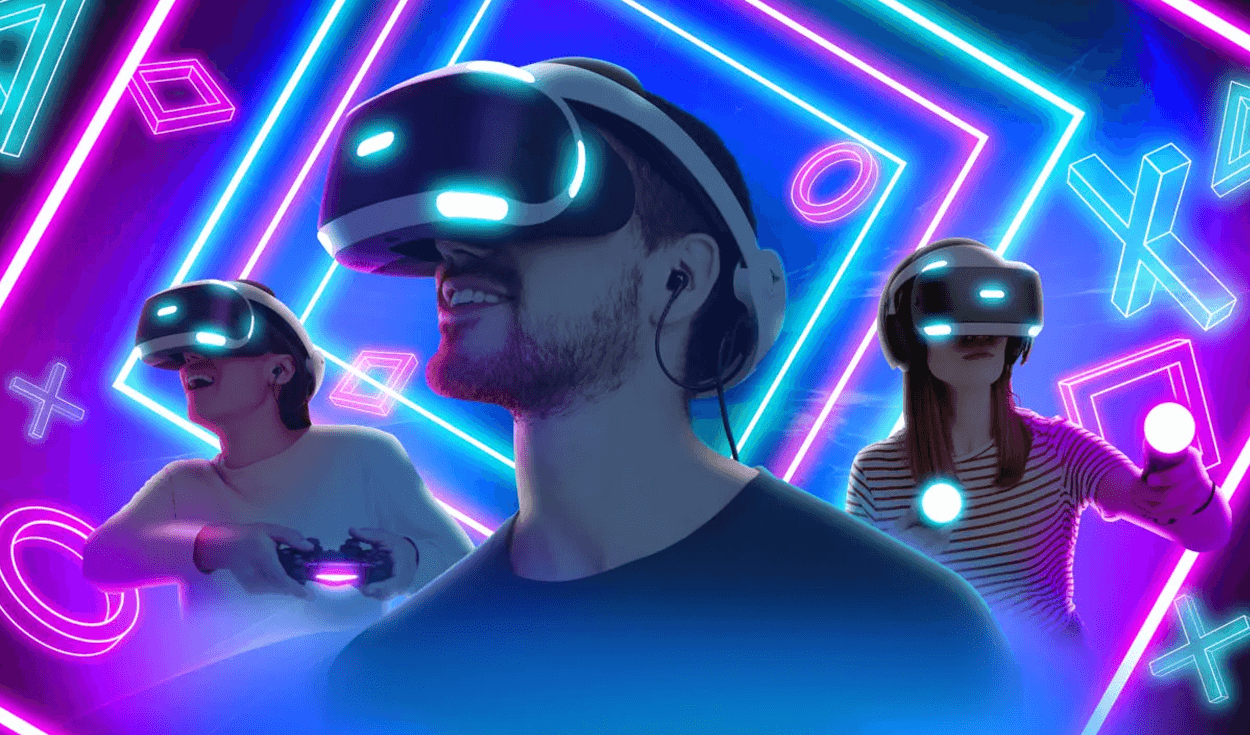
Why Gen Z is Important?
Generation Z has emerged to be a population increasingly worthy of attention as they are described to be the most socially and politically conscious, agile, and digitally literate generation to date. Gen Z is soon believed to surpass the millennials as they are the most populous generation on earth, being more than one-third of the world's total population.
Gen Z consumes about 53% more content than the average. Although they share multiple characteristics with millennials, Gen Z spends 50% less time on content than millennials. Being the digital natives, Gen Z is born and grow up in the age of the internet and spends their lives navigating through the hyper-connected jungle of networks that are continuously contesting for their money, attention, and time.
This has made them immune to the efforts of advertisers and marketing that are insincere as they respect the recommendations of real users more than products endorsed by celebrities. This mentality of generation Z is going to have a huge effect on brands which is why brands must be adjusted to the way of Gen Z.
Wanna know more about Gen Z then do stick around as we unveil everything you need to know about Gen Z.
Who is Gen Z?
Born between 1997 and 2012, the older generation of Gen Z is soon to become young adults. This particular age group spends twice as much time socializing online than in real life. An interesting fact is that they consider their time spend online not as escapism but as an extension of real life.
According to research conducted by The Center for Generational Kinetics, this generation recognizes the very little distinction between the online and physical worlds. Gamers of Generation Z spend twice as much time socializing with friends in the metaverse than they do in real life.
Additionally, this generation, when asked which quality was most important to their generation as a whole, tech-savviness ranked almost as highly as freedom (19% and 22% respectively).
Gen Z Characteristics
Gen Z has several characteristics, however, the primary character has to be a strong interest in science and technology. Adding to that Gen Z's formative years are coinciding with the rise of things like web3 and the metaverse. Gen Z is a highly convertible audience and brands to take this opportunity should market to them powerfully.
This generation’s attention span is less and every day they are bombarded with a lot of information so make sure your marketing is short, impactful, and interesting. If you don’t market to them now as a brand you are losing one of the significant demographics.
Where are these Gen Zs spending time?
Being born in a digital era Gen Z like to spend more time in the metaverse socializing and playing games like Fortnite, Roblox, Call of Duty, Among Us, and PUBG. In Fortnite, there are more than 350 million players with a collective playtime of 10.4 million years. And Roblox has 50 million daily active users spending an average of 3 hours a day.
Facts and Figures
Here are some facts and figures on Gen Z’s
- 87% of Gen Z play video games on smartphones, gaming consoles, and computers weekly if not daily and that is a huge number.
- 52% of Gen Z gamers say they would like to experience making money in the metaverse
- 33% of them are already looking forward to building a career inside the metaverse.
- 33% of Gen Z gamers would like to see brands provide virtual stores for browsing and buying products in the metaverse
- 57% of Gen Z gamers believe that they can express themselves to people more freely in a game than they do in real life.
- 45% of Gen Z gamers say that their identity in a game is a truer expression of who they are in real life.
- 77% of Gen Z gamers say their biggest motive for gaming is to relieve stress and anxiety.
- 65% believe their online relationships are just as meaningful as their offline ones.
- 50% of Gen Z users spend time with friends in virtual games.
Gen Z and Metaverse
"Gen Z is going to be the demographic that will drive the considerable early adoption of the metaverse," according to Jefferies analysts led by Simon Powell. "Gen Z is the trendsetters. Through extensive involvement in gaming and other online activities. This generation already knows how to navigate the virtual space.
They are going to be incredibly influential in convincing other demographics and less tech-savvy generations to test the metaverse for themselves. Gamers of Generation Z see the metaverse as a secure space where they can freely express themselves, try on different personas, make friends, and eventually make the world they want to live in.
Views of Gen Z on brands entering Metaverse
Being born and raised in a time like this Gen Z is the one to be believed to be the one to sustain the idea of the metaverse and invite others to this new digital epoch. Here is how Gen Z views brands entering the metaverse.
- 46% mentioned that they want free products and experiences
- 23% want branded digital worlds and virtual stores.
- 18% said advertising.
- 19% of respondents don’t believe that brands have a place inside games or other metaverses.
Case Study - Gucci Virtual Store
Here is an example of how brands and Gen Z communicate in the metaverse. Gucci unveiled the Gucci Garden in May 2021, a two-week art installation that aimed to increase brand recognition among young Roblox players (online gaming platform). The experience entitled Roblox’s core demographic, who are approximately ages 9 to 15, a digital entry to the exclusive world of luxury goods that only some can dream of in the real world. More than 4.5 million items were ‘won’ in the campaign. Gucci was successfully able to create a strong brand presence for a new demographic of people.
Final Thoughts
Gen Z is vital to any business and company that wish to succeed in the digital realm. Because they have a huge influence in shaping this expanding world of the metaverse. It is vital that brands don’t overlook metaverse as a fad, but rather view it as a paradigm-shifting trend that’s just getting started.”





